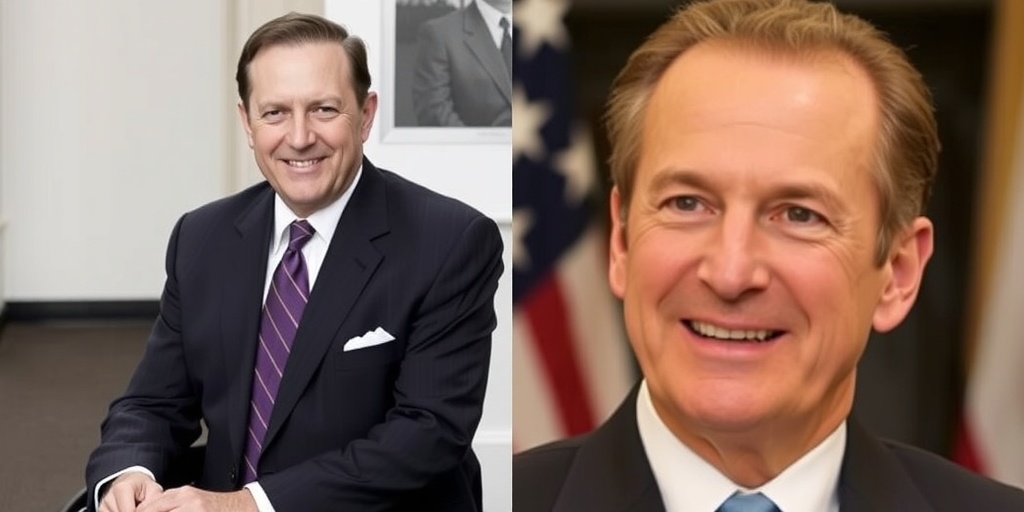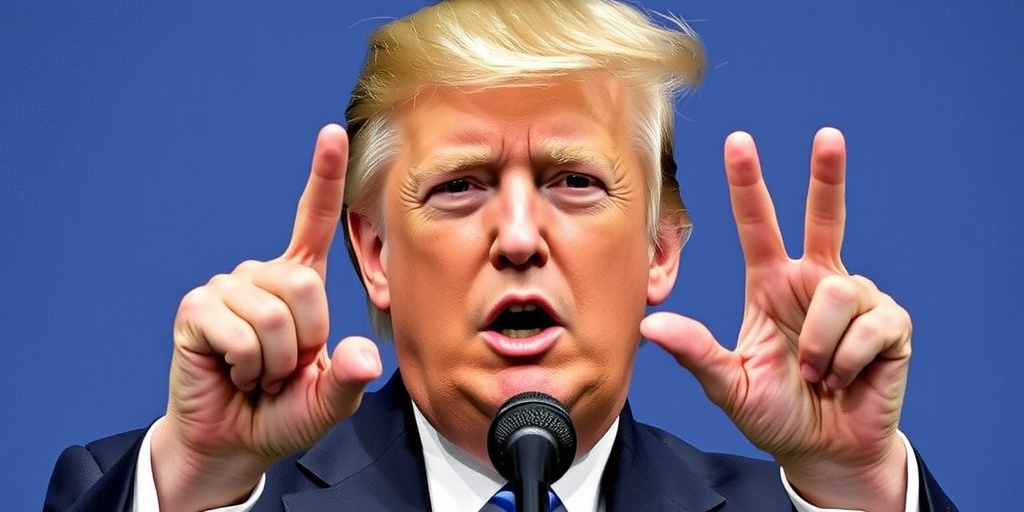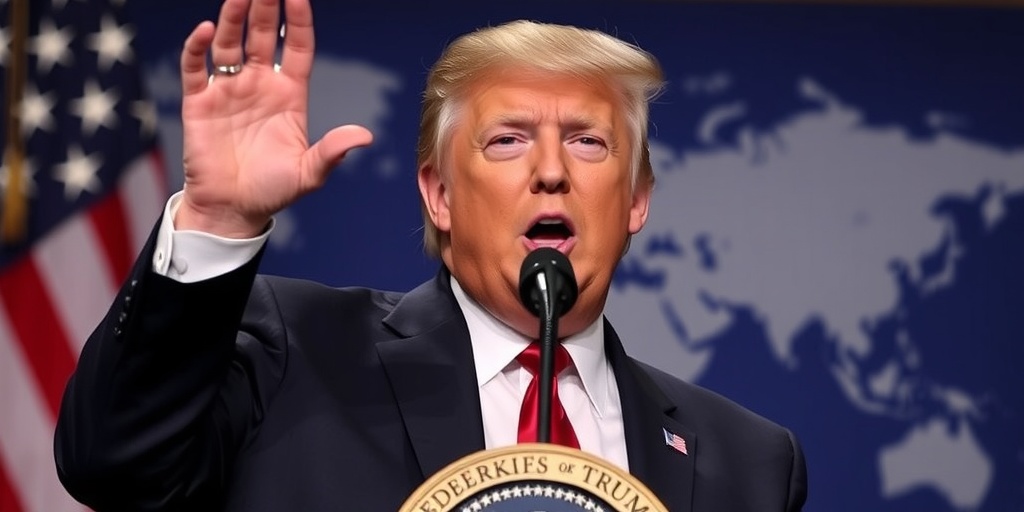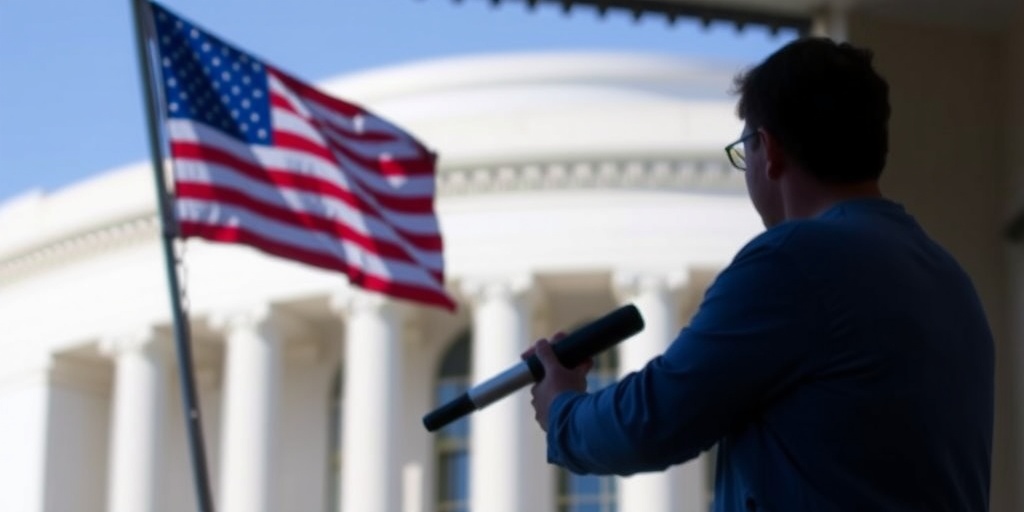Now Reading: Lincoln Díaz-Balart, 70, ‘Free Cuba’ Republican Congressman, Passes Away
-
01
Lincoln Díaz-Balart, 70, ‘Free Cuba’ Republican Congressman, Passes Away
Lincoln Díaz-Balart, 70, ‘Free Cuba’ Republican Congressman, Passes Away

Lincoln Díaz-Balart, Former U.S. Congressman and Advocate for Cuba, Passes Away at 70
Lincoln Díaz-Balart, a prominent figure in Florida politics and a strong voice against communism, passed away on Monday at his home in Key Biscayne, Florida. He was 70 years old. His death was confirmed by his younger brothers, Representative Mario Díaz-Balart and MSNBC anchor José Díaz-Balart, who shared in a statement that the cause was cancer.
A member of a notable political family from Cuba, Lincoln Díaz-Balart carved out his own political path in the United States, particularly during his nearly two-decade tenure in Congress. He was known for his passionate speeches and significant behind-the-scenes efforts in legislation during a period when Cuban Americans enjoyed substantial influence over U.S. politics and policy.
Díaz-Balart represented a Miami-area district heavily populated by Cuban Americans for 18 years. He became synonymous with the struggle for a free Cuba, so much so that he was sometimes asked whether he would consider running for office in Havana after the fall of the Castro regime.
In 1995, during his tenure as a congressman, he was arrested outside the White House in protest of President Bill Clinton’s Cuba policy, which advocated for greater engagement with the island nation. This activism culminated in his involvement in the crafting of the Helms-Burton Act of 1996. Under this legislation, the U.S. trade embargo against Cuba was codified, making it impossible for subsequent presidents to lift the embargo without congressional approval. Critics of the embargo believe it has failed to change the communist government in Cuba.
Díaz-Balart did not only advocate for a free Cuba; he was also a champion for immigrants, particularly those fleeing oppressive regimes. In 1997, he introduced legislation that provided protections for approximately 150,000 Nicaraguans and 5,000 Cubans from deportation, allowing countless others to pursue U.S. residency. Former colleague Ileana Ros-Lehtinen emphasized his dedication, stating, "The oppressed people of Cuba had no greater advocate for their freedom than Lincoln."
Born on August 13, 1954, in Havana, Lincoln Rafael Díaz-Balart was the second of four sons in a politically active family. His father, Rafael Lincoln Díaz-Balart, was a prominent lawyer, serving as the majority leader in the Cuban House of Representatives before the 1959 revolution led by Fidel Castro. The Díaz-Balart family fled Cuba in the wake of the revolution—a traumatic experience that influenced Lincoln’s political beliefs. After spending some time in New York, Fort Lauderdale, Venezuela, and Spain, the family finally settled in Miami.
Díaz-Balart graduated from New College of Florida in 1976 and earned his law degree from Case Western Reserve University in 1979. He began his career in private practice before transitioning to public service as a prosecutor with the Miami-Dade County state attorney’s office. Initially identifying as a Democrat, he became disillusioned with the party’s increasing leniency toward communist regimes, particularly in Nicaragua and El Salvador, during Ronald Reagan’s presidency. This led him to switch parties in 1985, claiming that the Democrats were too accommodating towards communism.
His political career began in earnest when he was elected to the Florida State House in 1986, followed by a position in the State Senate, and finally to the U.S. Congress in 1992. Throughout his time in office, he was part of a transformational era for Cuban Americans, who emerged as a significant electoral demographic in Miami. Working both within and across party lines, Díaz-Balart was focused on the broader struggles of Cuban Americans, while also advocating for the needs of other immigrant communities.
Despite being primarily associated with Cuba-related issues, Díaz-Balart resisted the label of a one-issue legislator. He was one of the few Republicans to oppose his party’s 1994 "Contract With America" and disagreed with welfare reforms in the 1996 legislation that cut benefits for legal immigrants. Notably, he succeeded in restoring disability benefits and food stamps for many older people and legal immigrants shortly thereafter.
In 2010, after announcing he would not seek re-election, Díaz-Balart transitioned back into the legal field and continued his advocacy work as a lobbyist. His departure occurred against the backdrop of the Tea Party movement, which marked a significant shift in Republican politics.
Throughout his career, Díaz-Balart was deeply respected by colleagues on both sides of the aisle. Former Representative Carlos Curbelo remarked on his bipartisan collaborative spirit, stating, "He was just a statesman in every sense of the word… He definitely served during a time where bipartisan collaboration was a lot more common."
Díaz-Balart is survived by his wife of 48 years, Cristina, their son Daniel, three brothers, and two grandsons. Tragically, another son, Lincoln Gabriel, had passed away in 2013. Before he died, Lincoln Díaz-Balart completed a memoir titled "Sketches From a Life," which is yet to be published. In a heartfelt tribute, his brother José said, "Lincoln was a defender of the silenced and the oppressed," praising his life of service, which he described as compassionate and effective.
Stay Informed With the Latest & Most Important News
Previous Post
Next Post
-
 01New technology breakthrough has everyone talking right now
01New technology breakthrough has everyone talking right now -
 02Unbelievable life hack everyone needs to try today
02Unbelievable life hack everyone needs to try today -
 03Fascinating discovery found buried deep beneath the ocean
03Fascinating discovery found buried deep beneath the ocean -
 04Man invents genius device that solves everyday problems
04Man invents genius device that solves everyday problems -
 05Shocking discovery that changes what we know forever
05Shocking discovery that changes what we know forever -
 06Internet goes wild over celebrity’s unexpected fashion choice
06Internet goes wild over celebrity’s unexpected fashion choice -
 07Rare animal sighting stuns scientists and wildlife lovers
07Rare animal sighting stuns scientists and wildlife lovers





















